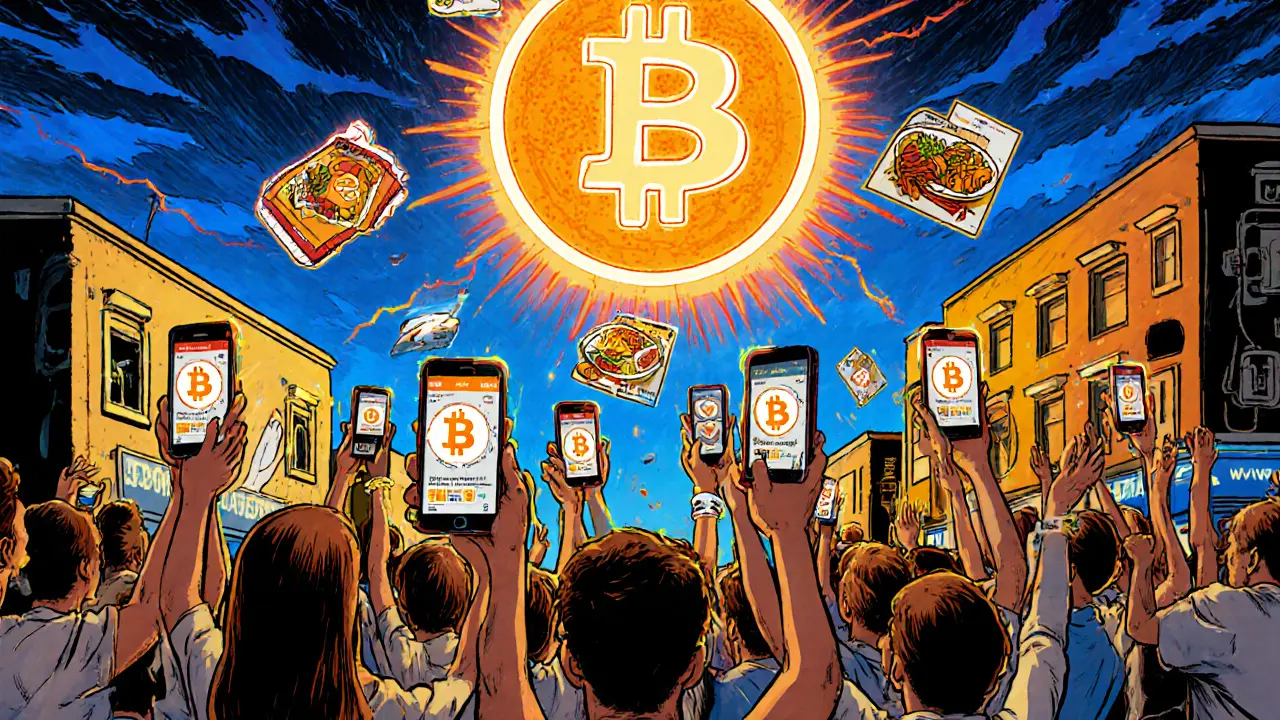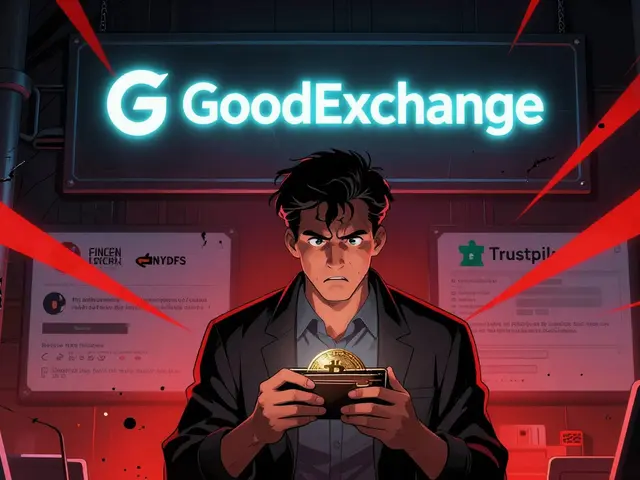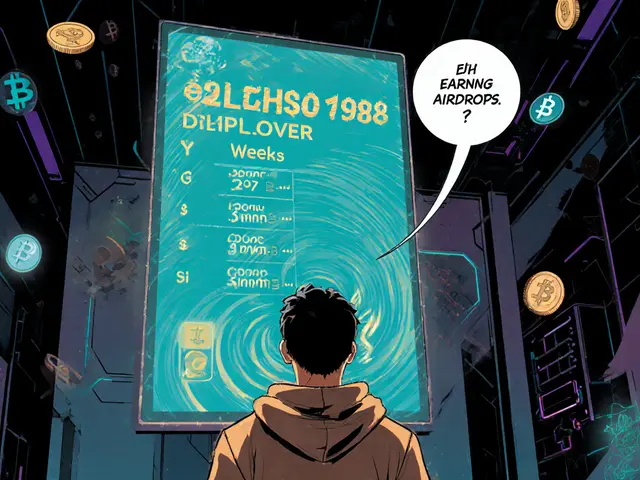Bitcoin Economy: How It Works, Who Controls It, and What You Need to Know
When people talk about the Bitcoin economy, a decentralized financial system built on blockchain technology where value is created, transferred, and stored without central banks. Also known as the Bitcoin ecosystem, it operates on code, not courtrooms—but governments are catching up fast. Unlike traditional money, Bitcoin doesn’t rely on a central authority. Instead, it runs on a global network of computers verifying transactions, mining new coins, and securing the ledger. This isn’t theory—it’s real money moving across borders, used by individuals, businesses, and even some governments as an alternative to fiat.
The Bitcoin mining, the process of validating transactions and adding them to the blockchain in exchange for newly minted Bitcoin. Also known as proof-of-work, it’s the engine that keeps Bitcoin alive isn’t just about electricity and hardware. It’s an economic incentive system: miners compete to solve puzzles, and the winner gets rewarded. This keeps the network secure and ensures no single group can take over. But as mining becomes more centralized—dominated by big farms in places like the U.S. and Kazakhstan—the debate over decentralization heats up. Meanwhile, countries like Japan and Turkey have stepped in with strict rules, while others, like Iraq, banned it outright. These aren’t random policies—they directly affect how Bitcoin moves, who can use it, and whether it survives as a global currency.
Then there’s the cryptocurrency market, the collection of exchanges, traders, and investors buying and selling digital assets like Bitcoin, altcoins, and tokens. Also known as crypto trading, it’s where price gets decided—not by a central bank, but by thousands of daily decisions. This market doesn’t sleep. News from the SEC, a new crypto law in the Philippines, or a meme coin popping up on Bitcoin Ordinals can send prices swinging. The Bitcoin economy doesn’t exist in a vacuum. It’s shaped by everything from regulatory crackdowns to community-driven airdrops and the rise of decentralized exchanges like Decaswap and CougarSwap. Even the way people use Bitcoin—whether for payments, speculation, or as a store of value—changes its economic role over time.
What you’ll find below isn’t just a list of articles. It’s a map of the real forces shaping Bitcoin’s economy right now: the laws trying to control it, the tech making it more efficient, the tokens riding its coattails, and the players betting big on its future. Whether you’re new to crypto or have been holding since 2021, these posts cut through the noise and show you what actually matters.

El Salvador made Bitcoin legal tender in 2021 to boost remittances and financial inclusion. But low adoption, volatility, and technical failures turned the experiment into a cautionary tale - not a revolution.
Continue Reading





